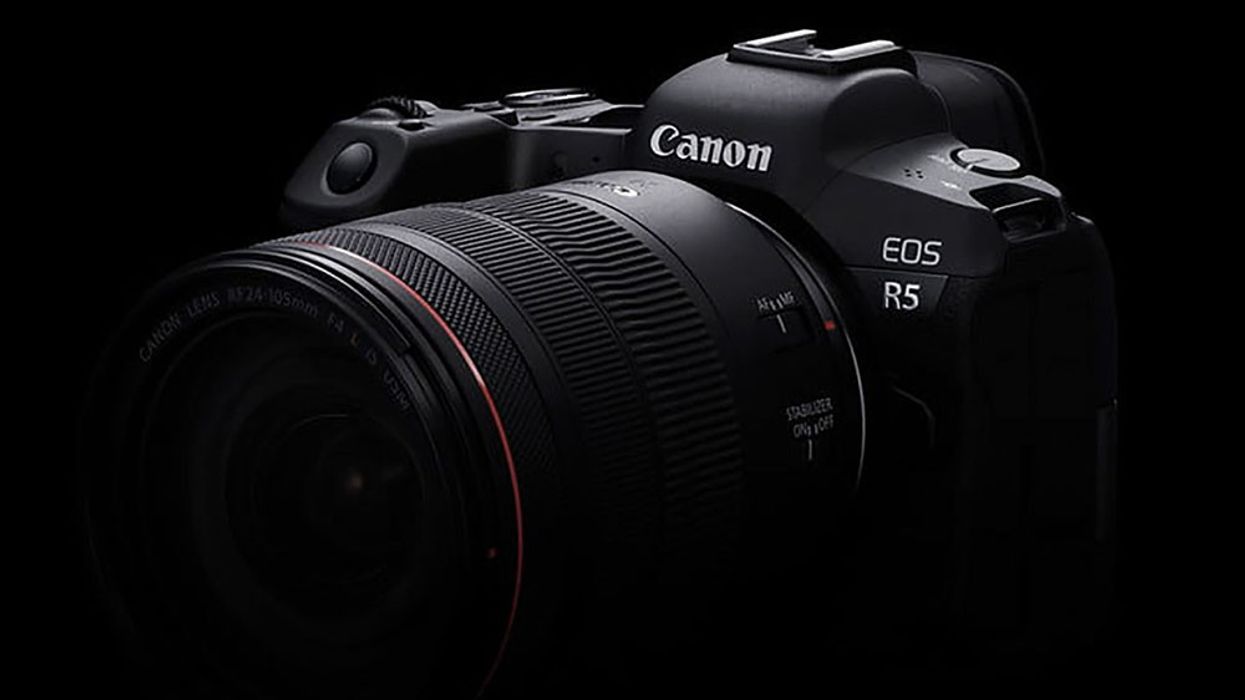Do Videographers Actually Care About 8K Video?
According to reports, Panasonic says demand for 8K is too low to jump aboard the high-resolution bandwagon.

Do you actually need 8K video?
Do you care about 8K video? Is there something you feel is lacking from all of the 4K capable mirrorless cameras on the market and their video resolutions?
Ever since Canon announced its 8K R5 mirrorless camera, the industry has been in an arms race to reach this elusive video recording resolution. Yet, in all the craziness of 8K, we might have gotten ahead of ourselves and failed to ask not the how—but the why.
According to reports, Panasonic has indicated that they feel that the consumer market for 8K mirrorless cameras is not enough to justify chasing that resolution right now… and it might stay that way for a bit.
A Look at the Current 8K Landscape
With big names like Canon and Sony appearing to be all in on making their recent 8K mirrorless cameras the flagship cameras in their lineups, it would make sense for them to double down on 8K being the next big thing. After all, when 4K video hit as the step up from Full HD, it was indeed a huge deal and changed the game for so many cameras and companies which chose to embrace it.
However, early results do tend to agree that 8K isn’t as revolutionary as 4K. Besides cameras like the Canon R5, the Sony Alpha 1 and the Nikon Z9 there aren’t too many more currently on the market. (There are a few of course, and a few more coming, but it’s not 8K or bust right now.)
Will Panasonic Release an 8K Mirrorless Camera?

Could the Panasonic S1H get an 8K upgrade?
Credit: Panasonic
While there have been rumors for some time about Panasonic eventually joining the 8K ranks with their flagship LUMIX S1H successor likely to be announced sooner rather than later, these reports do seem to indicate that the next Panasonic LUMIX line camera will not be 8K because demand is simply “not enough” to justify that recording resolution.
Now, does that mean Panasonic will never release an 8K camera? Hardly, in fact, I’d be willing to be it’s still very likely we’ll get an 8K mirrorless from Panasonic in the next couple of years. That’s just how technology goes.
However, the biggest news from these reports is really about the consumer marketplace and understanding what we—the video professionals—actually want. 8K is undoubtedly better than 6K or 4K, but manufacturers might just now be learning that the difference isn’t as much as you’d think.
The Future of 8K
Now, it’s impossible to tell the future. Plus, with the ever-changing landscape brought in by AI, the future of film and video production might look completely different in the next few years anyway. But that being said, it’s very likely that technology will advance at a rate that will allow for mirrorless cameras to reach 8K (or possibly higher) recording rates in smaller bodies and at cheaper prices.
The question will be more about what we in the video industry want to do with these higher resolutions and just how much flexibility we want in our shooting coverage and edits to work with.
- Too Hot To Handle? The Canon R5 Heat Check ›
- You Should Stop Debating 8K And Start Embracing It ›
- Hands-On with the 8K Sony Alpha 1 ›
- Why High-Resolution Doesn’t Matter—Even If Sometimes It Does ›
- NHK Has Finally Shrunk Their 8K Resolution Camera, but How Close Are We to Shooting in 8K? ›
- This Lens Test Reveals The GFX100 II's Potential ›
- How to Build a Career in High-Speed Racing Videography ›











